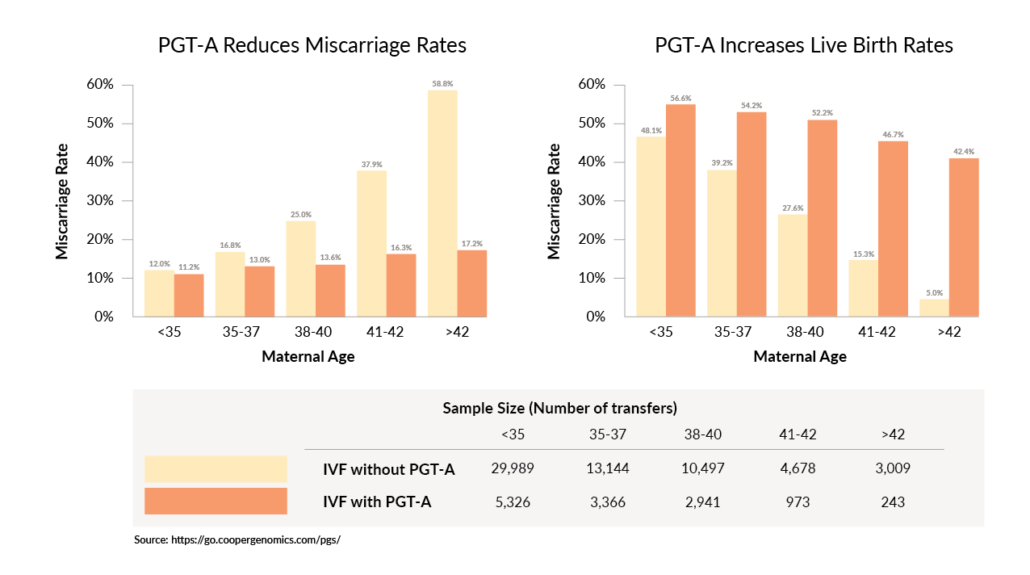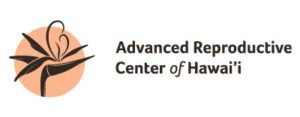ARCH Participates in Key Research to Improve IVF Success For Families
HONOLULU, HI, July 10, 2019 — Advanced Reproductive Center of Hawaii’s Medical Director, Christopher T. Huang, M.D. provided, patient data for a clinical study that analyzed a new quantitative, non-invasive approach to embryo selection, most likely to result in a sustained pregnancy.
His brother, Thomas T. Huang, M.D., was the lead author of the article and published the results of the study in Reproductive Biomedicine Online.
“This new technique to evaluating the best embryo to implant could replace older, subjective grading practices, reduce the chance of multiple pregnancy and miscarriages, and is non -invasive and potentially less expensive than PGT-A,” said Dr. Christopher Huang.
Selecting the Best Embryo For Transfer
Currently, genetic testing (PGT-A) can be performed on embryos produced through in vitro fertilization (IVF). The tests give information on the embryo’s chromosome content, identifying potential chromosomal abnormalities and helping to select the best embryo for transfer. PGT-A is used to select embryos that are the most likely to implant and result in a successful pregnancy.

“The study,” Dr. Huang said, ”demonstrated that expansion rates of matched chromosomes (euploid) developed faster than those of unmatched chromosomes (aneuploid) during the early cell division stage (called blastocyst) following fertilization of the egg. Detailed time-lapse image analysis provided evidence that rapid expansion was associated with euploid blastocysts.”
A new larger study, using more advanced digital imaging techniques and artificial intelligence algorithms, is underway. Doctors hope that the findings will add value to embryo selection algorithms, both with and without PGT-A to enhance IVF success rates for families.
Schedule Your Fertility Consultation

